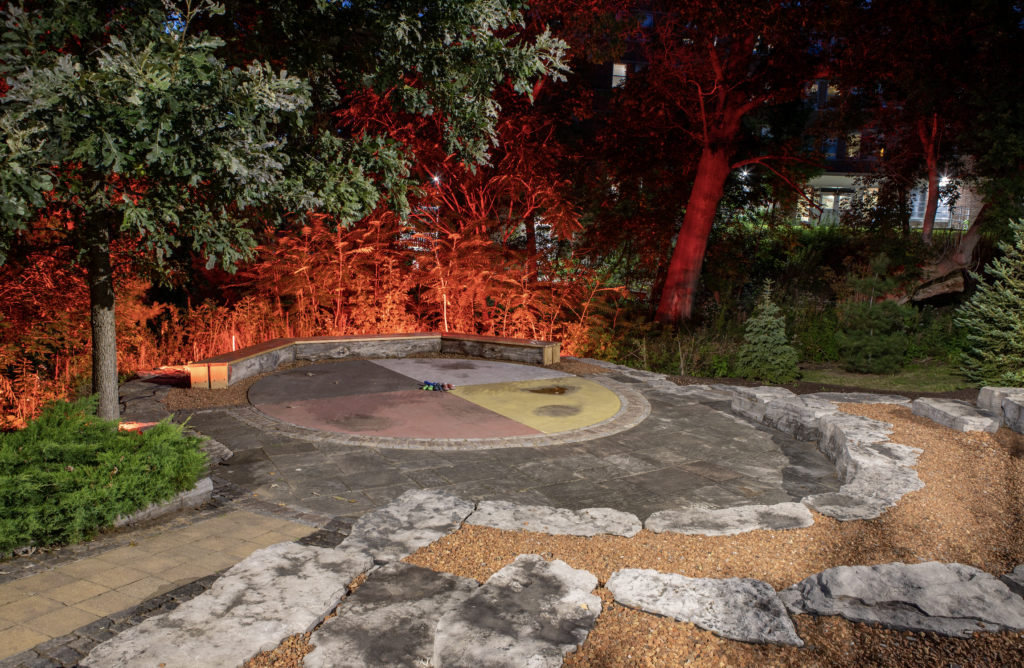As a first step, it is important to understand what the terms reconciliation, decolonization and indigenization mean. These terms are sometimes used interchangeably, but according to Indigenous scholars and activists (see Alfred, 2009; Alfred & Corntassel, 2005; Pete, 2015), they are separate but interrelated processes. There is no clear definition of decolonization or Indigenization; all definitions are complex, multi-faceted, and contested. An attempt has been made to define and introduce these concepts and it is important to acknowledge these frictions in definitions to maintain the debates and intricate histories these terms reflect as language also holds the power to enact systemic change.
Reconciliation is about addressing past wrongs done to Indigenous Peoples, making amends and improving relationships between Indigenous and non-Indigenous people to create a better future for all. As Chief Justice Murray Sinclair, Chair of the Truth and Reconciliation Commission, has stated, “Reconciliation is not an Aboriginal problem – it involves all of us.” Reconciliation emphasizes changing institutional structures, practices, and policies, as well as personal and professional ideologies, to create environments committed to strengthening relationships with Indigenous peoples.
Decolonization is the process of undoing colonizing practices that promote the superiority and privilege of Western thought and approaches. It necessitates shifting our frames of reference with regards to the knowledge we hold; examining how we have arrived at such knowledge; and considering what we need to do to change misconceptions, prejudices, and assumptions about Indigenous Peoples. Within the educational context, it involves confronting and challenging the colonizing practices and structures that have influenced education in the past and are still present today.
Indigenization refers to the process of incorporating indigenous perspectives, practices, and values into various aspects of society, such as education, culture, governance, and economic development. It aims to recognize and respect the unique contributions of indigenous communities, fostering inclusivity and promoting the preservation of their cultural heritage within broader societal frameworks. Indigenization seeks to redress historical injustices and create more equitable and mutually beneficial relationships between indigenous and non-indigenous populations.
References
Alfred, T. (2009). Wasáse: Indigenous pathways of action and freedom. Toronto, ON: University of Toronto Press.
Alfred, T. & Corntassel, J. (2005). Being indigenous: Resurgences against contemporary colonialism. Government and Opposition, 40, 597-614.
Pete, S. (2015). Indigenizing the academy: One story. Aboriginal Policy Studies, 4(1), 65-72
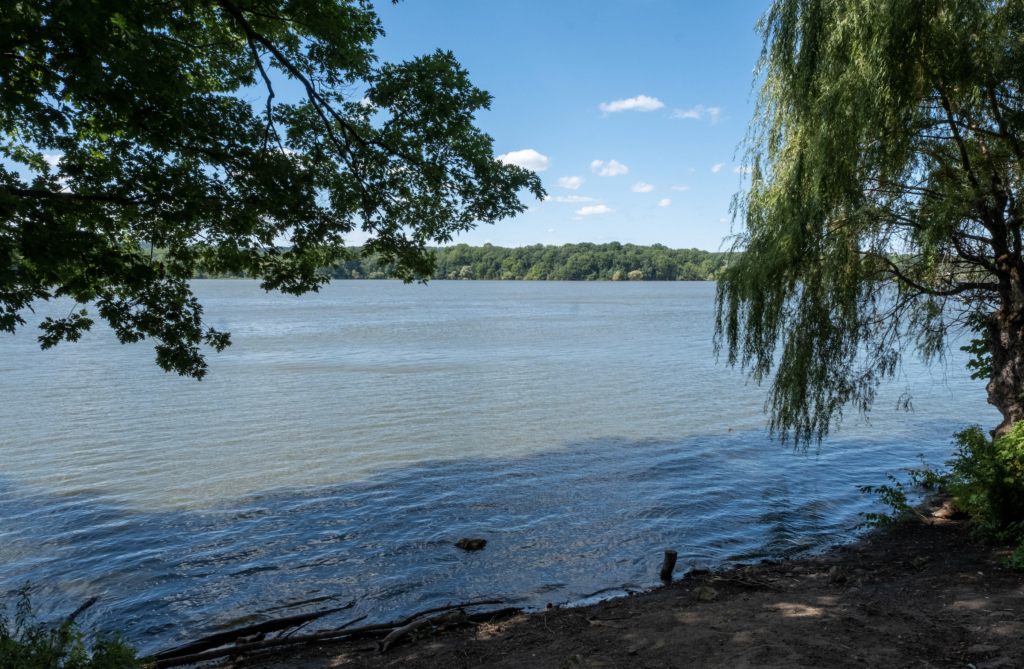
Foundational Understanding: Indigenous Histories, Worldviews and Indigenous-Canadian Relations
The following collection of foundational resources are for educators, administrators, and university staff to understand the relationship between Indigenous peoples and Canada, understanding Indigenous histories and our role as university professionals and educators.
Land Back – A Yellowhead Institute Red Paper – This Red Paper is about how Canada dispossesses Indigenous peoples from the land, and in turn, what communities are doing to get it back. (PDF Report, 68 pages, Yellowhead Institute, Toronto Metropolitan University)
Cash Back – A Yellowhead Institute Red Paper – Picking up from Land Back, the first Red Paper by Yellowhead about the project of land reclamation, Cash Back looks at how the dispossession of Indigenous lands nearly destroyed Indigenous economic livelihoods. Cash Back is about restitution from the perspective of stolen wealth. (PDF Report, 76 pages, Yellowhead Institute, Toronto Metropolitan University)
Indigenous Canada, University of Alberta – Free 12-lesson course focusing on the histories and perspectives of Indigenous peoples. (Open online course, University of Alberta)
Indigenous Education Primer, McMaster University – The purpose is to inform the McMaster community and other Indigenous education stakeholders about Indigenous histories, worldviews, education & pedagogy, and relationships with McMaster University. (PDF Report, 100 pages, McMaster University)
Pulling Together: Foundations Guide – This guide explores the diversity and histories of Indigenous Peoples and their contemporary realities in Canada. It examines how these realities have shaped relationships and continue to influence how those who work with Indigenous peoples and colleagues in higher education. (Open education e-book, BC Campus)
Indigenous Rights, and Law – Reading lists to learn more about Indigenous rights in Canada which includes colonial history, Indigenous law, Indigenous research methodologies and Indigenous resurgence and reconciliation. (Website, First Peoples Law)
Reconciliation
This collection of resources provides guidance for educators and institutions in higher education to understand and advance the process of reconciliation. The Truth and Reconciliation Commission’s 94 Calls to Action Report serves as a roadmap, emphasizing the crucial role of education in redressing the legacy of the residential school system. This collection features firsthand accounts from Indigenous experts, progress reports highlighting the need for sustained efforts and accountability and ideas for educators to initiate and facilitate dialogue and promote institutional change. As Educators and learners, we bear a collective responsibility to engage in the process of reconciliation.
TRCs 94 Calls to Action – Learn more about the 94 Calls to Action, and the process of the Truth and Reconciliation Commission. (Webpage, CBC News)
Timeline of the Truth and Reconciliation Commission process – A brief timeline. (Webpage, CBC News)
TRC Mini Documentary – Chair of the TRC, Senator Murray Sinclair talks on Reconciliation. (YouTube Video, length 2:55, National Centre for Truth and Reconciliation)
Calls to Action Accountability Reports – Yellowhead Institute – The accountability reports have been conducting annual analyses of Canada’s progress on the Calls to Action since 2019 and identifies the barriers and drivers of reconciliation. (PDF Reports 2019-2023, Yellowhead Institute, Toronto Metropolitan University)
How do you like your reconciliation? – Yellowhead Institute – A quick and useful tool to assist in understanding the four main categories of reconciliation efforts in Canada with a practical diagram for users to complete. (PDF, 2 pages, Yellowhead Institute, Toronto Metropolitan University)
Reconciliation Reading list – A collection of readings to help you on your journey to reconciliation. (Website, Simon Fraser University)
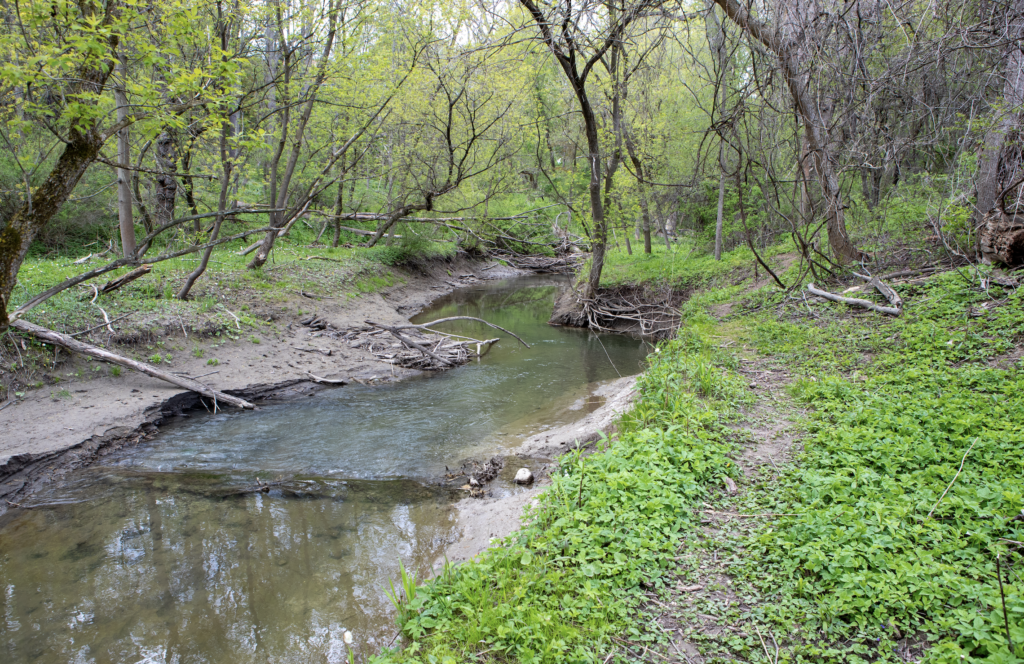
Practical Supports and Strategies to Promote Reconciliation in Teaching and Learning
Explore a range of tools, guides and strategies to promote reconciliation in teaching and learning.
What is reconciliation? Indigenous educators have their say – Indigenous experts take a look at what it really means to reconcile after generations of systemic racism against Indigenous peoples. (YouTube video, length 3:11, TVO)
Reconciliation and Education– TEDx talk by Starleigh Grass that discusses – Lessons to remember before thinking about, talking about and teaching about residential schools and reconciliation. (YouTube video, length 7:37, TEDx Talks)
The Indigenous Knowledge Implementation Packsack: A Handbook for Embedding Indigenous Ways of Knowing in Your Teaching – A practical guide that supports postsecondary educators in integrating Indigenous Knowledge into their teaching through tailored strategies and visual aids. (Handbook PDF, Higher Education Quality Council of Ontario)
Weaving Ways – Guide for educators who are deepening their foundational knowledge and educational approaches to foster reconciliation. (PDF, 16 pages, Alberta Regional Professional Development Consortia)
SKODEN: Teaching, Talking, and Sharing About and for Reconciliation – In Skoden, instructors, staff, and administrators consider how to decolonize and Indigenize those aspects of post-secondary settings they are responsible for. (Open-source textbook, Seneca College)
Further Resources
Reconciliation Through Education: A Model of Ethical Spaces and Relationality – This article offers a conceptual model of reconciliatory education. The model invites educators to move beyond colonial schooling practices to embrace decolonizing and Indigenizing approaches and the powerful potential of relational teaching and learning. (Scholarly Article, by Poitrass Pratt & Bodnaresko, 18 pages, University of Windsor)
Indigenous Histories and Reconciliation: Moving Towards Reconciliation Through Capacity Building – This module supports individual people in their own journeys toward reconciliation through seven modules based on the grandfather teachings: love, respect, honesty, humility, bravery, truth, and wisdom. (Free open-access online module, e-campus Ontario)
Locating yourself: Crafting Intentional Land Acknowledgements
This collection of resources provides tools and guidance for delivering meaningful and intentional land acknowledgements. Crafting a land acknowledgment involves honoring the traditional territories and treaty lands that we occupy, acknowledge truths, understand Indigenous protocols and lands rights, and situating ourselves in relation to that truth. These resources can assist you to move beyond words to make land acknowledgment an authentic starting point for truth, reconciliation and upholding Indigenous sovereignty.
In preparing your land acknowledgement it may be useful to think through the terms of “truth and reconciliation”: a land acknowledgement is a way to share the truth about the lands we inhabit as Canadians, and an opportunity to begin the relational work of reconciliation. As Cutcha Risling Baldy, a member of the Hoopa Valley Tribe and an associate professor of Native American Studies at California State Polytechnic University, Humboldt states:
“The land acknowledgment gets you to that start…Now it’s time to think about what that actually means for you or your institution. What are the concrete actions you’re gonna take? What are the ways you’re gonna assist Indigenous peoples in uplifting and upholding their sovereignty and self-determination?” (Source: So you began your event with an Indigenous land acknowledgment. Now what?)
*As more and more workplaces, and job roles are performed virtually, it is important to consider all the lands you work and live on.
Tool: Locate yourself, and your campus location here – This website mapping tool will help you locate yourself and provide information on the traditional stewards of the lands you occupy, including treaty information. (Website, Native Land)
Dish with One Spoon – This webpage aids in understanding the term ‘a dish with one spoon’. (Webpage, The Canadian Encyclopedia)
Six Nations of the Grand River land rights – McMaster’s Land Acknowledgement refers to a pre-contact resource-sharing protocol referred to as the Dish with One Spoon Wampum agreement. Learn more about this pre-contact, international agreement here. (Website, Six Nations of the Grand River)
Mississaugas of the Credit First Nation lands and territories – This website provides enriching information about the Mississauga’s of the Credits First Nations land and territories, including recent news, events, community profiles, and community wellness. (Website, Mississaugas of the Credit First Nation)
A Guide to Indigenous Land Acknowledgement – A guide on creating an effective Indigenous land acknowledgment statement, emphasizing the importance of self-reflection, research on Indigenous history and presence, and incorporating concrete action steps to support Indigenous communities. (Website, Native Governance Centre)
More than words: Land acknowledgement guide – This guide provides a short framework for delivering meaningful land acknowledgments. (PDF, 2 pages, Western University)
Know the Land – This resource provides guidance on delivering meaningful land acknowledgments. (Website, Laurier Students Public Interest Research Group, Wilfred Laurier University)
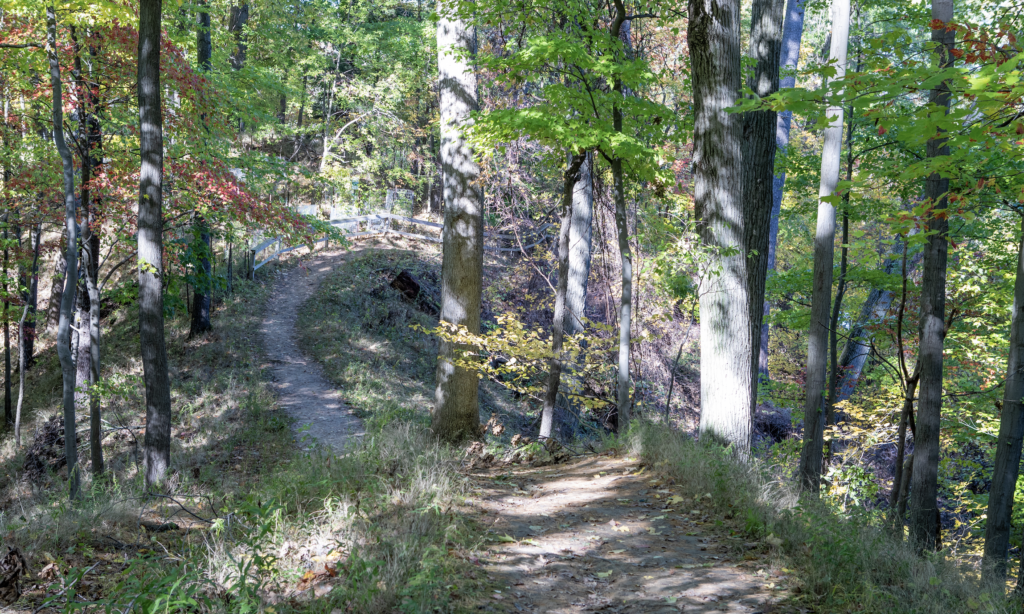
Decolonization
This collection of resources emphasizes how decolonization in education refers to the interruption of, and un-doing of colonial practices by working towards balancing power relations between Indigenous, and non-Indigenous peoples. For teaching staff and faculty, this may mean researching for the first time the role that the academic institutions or your discipline has played in the dispossession of Indigenous ways of knowing.
Decolonization is for Everyone – Nikki Sanchez discusses what colonization looks like and how it can be addressed through decolonization. (YouTube video, length 13:18, TEDx)
A Beginner’s Guide to Decolonization – Kevin Lamoureu provides an introduction to decolonization and reconciliation. (YouTube video, length 14:18, TEDx)
Decolonizing Education: Nourishing the Learning Spirit – A book that discusses the nature of Eurocentric models of education, and their devastating impacts on Indigenous knowledge. The book proposes a new model of education which incorporates both Indigenous and Eurocentric thinking. (Book, Battiste and Bouvier)
Decolonization is not a metaphor – “Our goal in this article is to remind readers what is unsettling about decolonization. Decolonization brings about the repatriation of Indigenous land and life; it is not a metaphor for other things we want to do to improve our societies and schools.” (Scholarly article, by Tuck and Yang, 40 pages)
Practical Supports and Strategies to Promote Decolonization in Teaching and Learning
Explore a range of tools, guides and strategies to promote decolonization in teaching and learning.
Pedagogies for Decolonizing – Introductory activities that engage students in initial steps in understanding the systemic structure of colonization. (Scholarly article, by Iseke-Barnes, 26 pages)
Decolonizing your syllabus? You might have missed some steps – This short essay explains how you need to go further than simply including some Indigenous writers on your reading schedule; just doing this is tokenism and can be a form of colonialism itself. (Webpage, Civic Laboratory of Environmental Action Research)
Decolonize the Academy: Video and Learning Guide – Both these resources offer university instructors background information on the imperial and colonial roots of Westernized universities. The guide contains helpful resources and reflection questions that support instructors in more deeply engaging with the video module. (YouTube Video, length 34:27; Learning PDF guide, Candace Brunette-Debassige, 11 pages, Western University)
Toward a Decolonizing Pedagogy: Video and Learning Guide – Both these resources will offer Indigenous perspectives on decolonial change and introduce instructors to four guiding principles that can help them start to move toward decolonizing their pedagogies by: increasing decolonial consciousness; reflecting on complex positionalities; engaging critical and relational pedagogies; and taking responsibility for ongoing lifelong (un)learning. (YouTube Video, length 41.06; PDF guide, Candace Brunette-Debassige, 13 pages, Western University)
Further Resources
Conversations on Decolonization – Learning module designed to help instructors enhance student learning by opening the dialogue about which knowledges are privileged and why. (Free Online Learning Module, Queens University and UBC)
Indigenous e-Learning Assessment Strategies – Explores assessments in post-secondary online studies using a decolonizing approach to education and student success. (Free Online Course, eCampus Ontario)
Engaging Indigenous Pedagogical Approaches in Online Learning – Toolkit for adapting and engaging respectfully with Indigenous Peoples, communities and knowledge systems while actively learning about digital literacy, fluency and decolonizing digital spaces. (Free Online Course, eCampus Ontario)
Arriving at Indigenous Knowledges: Decolonial Approaches for English Language Learners (ELL) – This 4-part asynchronous online course is for domestic and international ELL students entering or currently enrolled in post-secondary studies and will prepare them for learning about Canadian and Indigenous histories and concepts that they may encounter in their programs. (Free Online Course, eCampus Ontario)
Indigenous Research Guide – This guide aids decolonization efforts and highlight Indigenous research, methodologies, voices, and ways of knowing that have been marginalized due to dominant Western practices. Research guides by academic discipline are also shared. (Website, University of Waterloo)
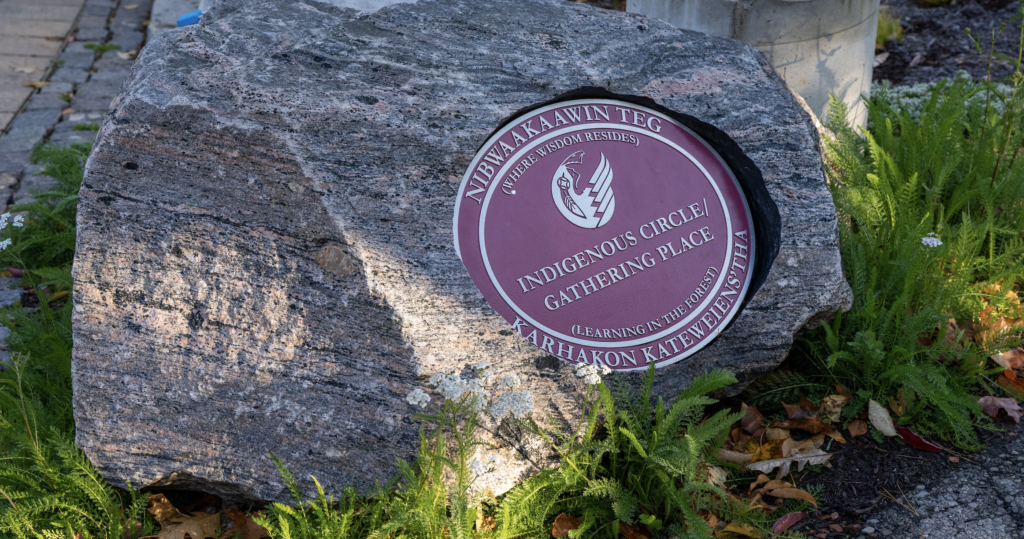
Indigenization
This collection of resources provides guidance for educators and institutions in higher education to understand and advance the ongoing process of Indigenization.
Indigenous Education Primer – The purpose is to inform the McMaster community and other Indigenous education stakeholders about Indigenous histories, worldviews, education & pedagogy, and relationships with McMaster University (PDF, 100 pages, McMaster University)
Indigenous Research Primer – The purpose of the Indigenous Research Primer is to guide those at McMaster University who are engaging with Indigenous Peoples and communities in their research. The Primer seeks to inform Indigenous and non-Indigenous, early and experienced researchers at any stage of their career and/or education. (PDF & videos, McMaster Indigenous Research Institute)
McMaster University Indigenous Strategic Directions 2021 – This strategy document was authored by a community of Indigenous scholars and staff at McMaster, along with community representative from Six Nations, the MCFN, and urban Indigenous organizations. The strategic directions contained here are imagined as a McMaster University campus-wide approach sustained by a broad network of institutional and other allies within and beyond the university. (PDF, 29 pages, McMaster University)
The Indigenous Health Learning Lodge (IHLL) – The IHLL at McMaster University works alongside the Faculty of Health Sciences towards creating a learning environment that is culturally safe – to work with humility to enable sustainable systems change and to advance the work around concepts of truth, reconciliation and anti-colonization with all aspects of Indigenous health and well-being. (Website, McMaster University)
McMaster University Libraries
McMaster University Libraries have been working toward curating and creating a number of resources to support educators and students in their learning and research.
Indigenous voices in McMaster University’s archives – McMaster University currently houses archival collections of: Basil Johnston, David Moses, and E. Pauline Johnson. Physical and digital collections available. (Website, Archives collection)
McMaster University’s Library guide – Indigenous History month digital display – Digital collection including links to reading recommendations by Faculty; databases; features on McMaster authors. (Website, Learning resources collection)
McMaster University Health Science Library Indigenous Health resource guide – Health related reading lists and recommendations. (Website, resources collection)
Deyohahá:ge (Two Roads) Indigenous Knowledge Centre, at Six Nations Polytechnic is dedicated to bringing together two streams of consciousness – the ancestral Indigenous knowledge with the best of modern academic knowledge. Digital, and physical collections regarding Six Nations history and culture.
SNP IK Centre Research and Resources – Variety of resources for faculty, students and individuals interested in learning about Indigenous culture. (Website, Six Nations Polytechnic)
SNP IK Centre Collection Catalogue – A list of various materials that are available at the Indigenous Knowledge Centre (IKC) in Six Nations of the Grand River Territory with subjects including anthropology, media, art, history, education, modern medicine, wampum’s and more (PDF, 55 pages, Deyohahá:ge (Two Roads))
An Indigenous water research program led by McMaster University Professor, Dr. Dawn Martin Hill. Part of their work involves producing a number of tools and educational resources for Indigenous communities to build resilience and empower youth.
Ohneganos research guide (Open access PDF, 21 pages, McMaster University)
Ohneganos Digital story bank for educator use (YouTube Video Collection, Digital Stories, Ohneganos Ohnegahdę:gyo)
With over 50,000 artifacts in the Museum collection, the Centre is one of the largest facilities in Canada managed and administered by First Nations. The Woodland Cultural Centre offers a variety of virtual tours, education programs, and workshops that provide interested visitors with the opportunity to learn about an assortment of topics covering the past, present, and future of Southern Ontario’s First Nations Peoples. Located on the grounds of the former Mohawk Institute Residential School in Brantford, Ontario
- Tours, Education, and Workshops – (Website)
Indigenous Studies iPortal Research tool (USask) – Searchable database of Indigenous Studies sources for researchers. Sign in through McMaster Library for full access. (Website, University of Saskatchewan)
Think Indigenous Podcast – Special podcast mini-series featuring Indigenous perspectives on education and is a partnership between Indian & Cowboy, the College of Education at the University of Saskatchewan and the Indigenous Teachers Education Program at the University of Saskatchewan. (Podcast, Think Indian)
Practical Supports and Strategies to Promote Indigenization in Teaching and Learning
Explore a range of tools, guides and strategies to promote indigenization in teaching and learning.
100 Ways: Indigenizing & Decolonizing Academic Programs – This list may be a helpful starting point for those who wish to act but are unsure where to begin. (Webpage article, by S. Pete, 8 pages, University of Regina)
Pulling Together, Indigenization Guides – A series of learning guides for public post-secondary staff to begin or supplement ways to Indigenize the institution and professional practice.
Includes guides for various roles. (Open Education resources in various formats, BC Campus)
- Foundations guide
- Teachers and Instructors,
- Leaders and Administrators,
- Staff, Advisors, and Student Services
- Curriculum developers and course planning
- Researchers
Indigenizing the curriculum -This video talks about what ‘Indigenizing the curriculum’ means and how it can be practiced. (Video, by Jo-ann Archibald, length 7:59, UBC)
Further Resources
Decolonizing our practice – Indigenizing our teaching – This article is framed as a conversation around the topics of what decolonizing and indigenizing the authors’ teaching looks like from their varied backgrounds and contexts. (Scholarly article, by S. Pete et al., 13 pages)
Applying Indigenizing Principles of Decolonizing Methodologies in University Classrooms– This article describes a case study of the Indigenization of university pedagogies, drawn from experiences as Indigenous faculty members working in the Werklund School of Education at the University of Calgary. (Scholarly article, by Louie et al., 18 pages)
Towards Indigenizing Higher Ed – Four-part story-telling series from diverse perspectives with additional resources on some commonly asked questions about indigenization. (Videos, Thompson Rivers University)
